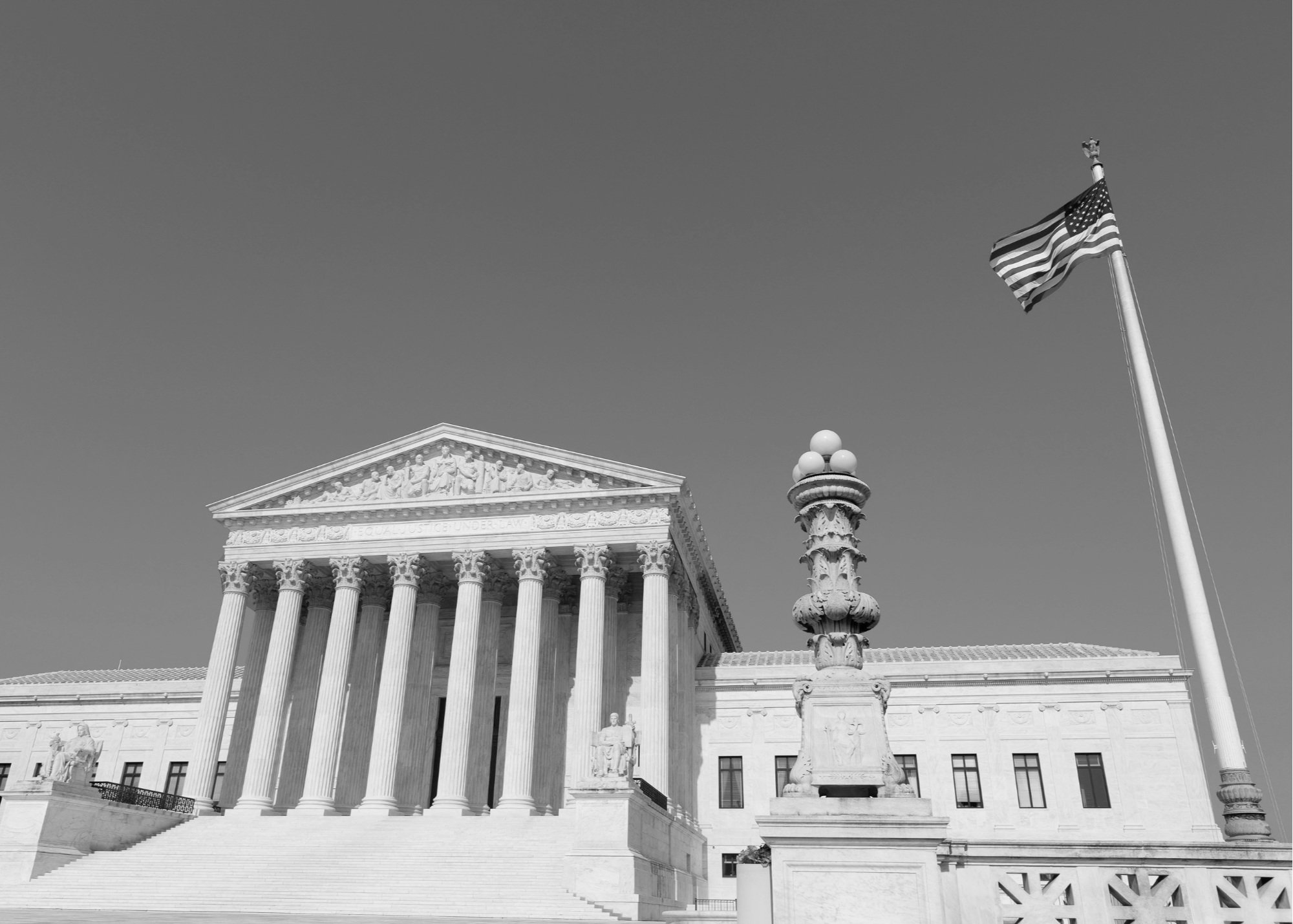June 27 marked a significant victory for democracy as the Supreme Court, in a 6-3 ruling, decisively rejected an indefensible interpretation of the Constitution's Elections Clause — known as the independent state legislature theory. This theory proposes that state legislatures can regulate elections unrestricted by state constitutional provisions, state courts, or even potentially, a governor's veto.
Leadership Now was proud to submit an amicus brief to the Supreme Court in Moore v. Harper with the support of pro bono counsel from Covington and Burling LLP. Our brief distinctively argued that independent state legislatures could pose substantial threats to businesses and markets through gerrymandering and election interference.
With this victory and the successful reforms to the Electoral Count Act last year, we’ve been a part of bringing about real and significant changes to diminish election risks in 2024.
Leadership Now remains committed to advocating for certainty and stability in our elections and upholding the rule of law. We will persist in presenting the business case for these crucial democratic principles.



